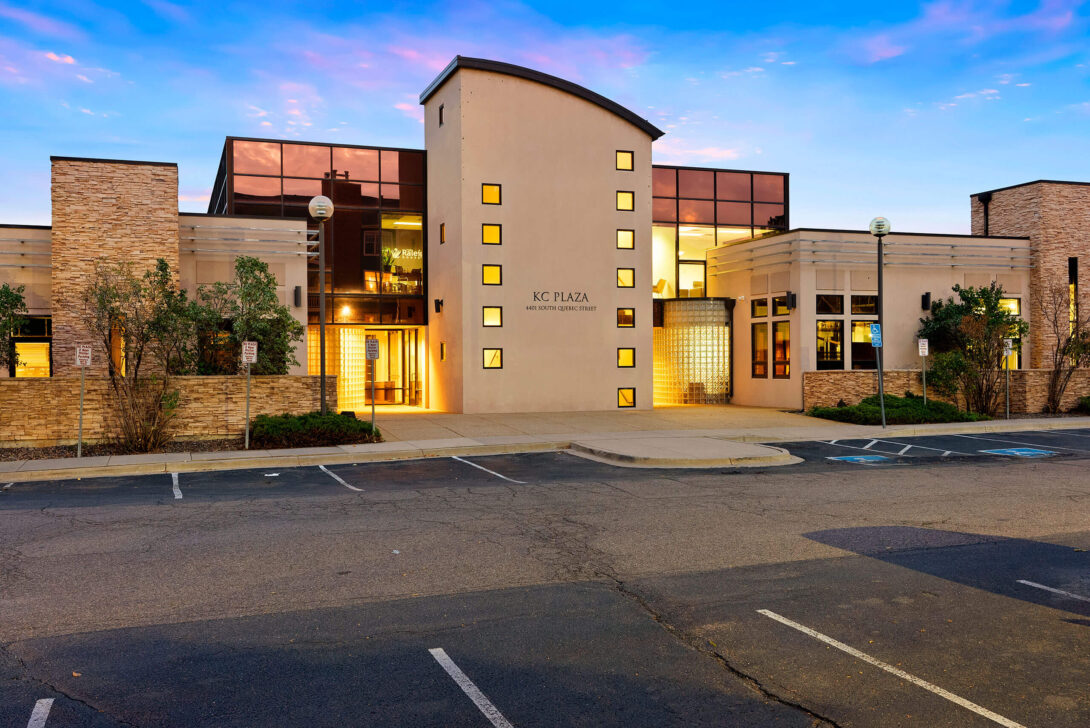A Look at PTSD From a Car Accident With The Raleigh House
Every year, countless individuals are affected by Post-Traumatic Stress Disorder (PTSD) from the trauma of car accidents. This form of trauma often emerges from severe collisions, leaving lasting emotional scars far beyond the event.
The distress, fear, and sense of helplessness felt during and immediately following a car accident can linger, affecting mental well-being indefinitely if left untreated.
If you or a loved one are grappling with PTSD from a car accident, our experienced team is here to help you overcome your trauma and feel better sooner.
Continue reading to learn more about PTSD after a car accident, including its influence on substance use disorder or mental health condition development.

What Is PTSD After a Car Accident?
PTSD from a car accident is a psychological condition that develops due to experiencing or witnessing a traumatic vehicular collision.
This type of trauma can lead to a range of distressing symptoms that persist long after the accident and can significantly impact mental and emotional well-being.
Understanding and addressing car accident-related PTSD is essential for promoting healing and recovery for those who have endured the psychological aftermath of such traumatic events.
Signs of PTSD From a Car Accident
PTSD from a car accident can manifest in various ways, often disrupting an individual’s mental and emotional well-being.
Some common signs to watch for include
- Intrusive thoughts that manifest as recurring, distressing memories of the accident
- Flashback
- Nightmare
- Avoiding reminders of the accident, such as driving or specific routes
- A heightened startle response
- Irritability and an overall sense of being on edge
- Difficulty sleeping
- Persistent negative emotions
- Detachment from loved ones
- Diminished interest in once-enjoyed activities.
- Feeling emotionally disconnected
- Difficulty recalling specific details of the accident or other events
- Hypervigilance
- Physical symptoms like rapid heartbeat, sweating, or nausea
It is essential to know that these signs can vary in intensity and duration, and not everyone will experience all of them.
If you or someone you know is exhibiting symptoms of PTSD following a car accident, seeking professional support is crucial to manage them promptly and effectively.
The Tie Between PTSD After a Car Accident and Addiction
The aftermath of a car accident can leave emotional scars that extend far beyond physical injuries.
PTSD after a car accident can significantly impact mental well-being and, in some cases, exacerbate substance use.
Often, to manage the distressing symptoms of PTSD, some individuals turn to substances to escape or numb the emotional pain. Alcohol, drugs, or prescription medication overuse may provide temporary relief but can also create a cycle of dependence and addiction.
Car accident survivors dealing with both PTSD and addiction face a dual struggle that increases their challenges. Substance use may initially seem like a way to cope, but it can worsen the symptoms of PTSD and hinder total recovery. Substance use can also contribute to increased stress, worsening co-occurring mental health conditions, and a cycle of negative consequences.
Recognizing the connection between PTSD from a car accident and substance use disorder is essential for effective intervention.
Addressing the underlying trauma, seeking professional support, and acknowledging underlying emotional turmoil due to the car accident are critical steps in breaking the cycle of addiction, healing from PTSD, and fostering total well-being.
How To Treat PTSD After a Car Accident
A personalized and comprehensive approach is necessary in treating PTSD after a car accident.
Some of the common ways to PTSD from a car accident include:
- Therapy for car accident PTSD, including CBT, exposure therapy, and cognitive restructuring.
- Eye Movement Desensitization and Reprocessing
- Meditation and relaxation techniques
- Prescription medications to address PTSD, substance use disorder, and co-occurring mental health conditions
- Support groups encourage connecting with peers in similar situations and foster a sense of community.
- Yoga and art therapy
- Lifestyle enhancements to promote overall well-being, including exercise, balanced nutrition, and sleep.
Comprehensive Car Accident PTSD Therapy in Colorado
We understand the intricacies of PTSD after a car accident and its effect on co-occurring mental health disorders and substance use disorder development.
If you or a loved one have PTSD from a car accident, are struggling to heal from a substance use disorder, or need help with a co-occurring mental health condition due to PTSD, we can help.
Start your healing journey today by calling The Raleigh House at 720-891-4657 or contact us online for more information on PTSD treatment.
